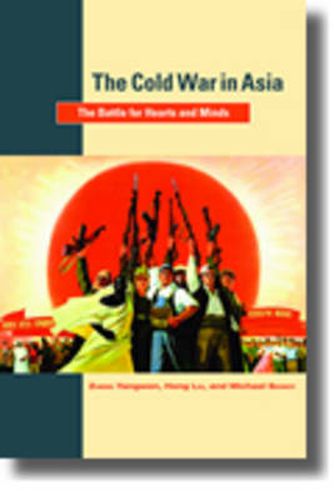Readings Newsletter
Become a Readings Member to make your shopping experience even easier.
Sign in or sign up for free!
You’re not far away from qualifying for FREE standard shipping within Australia
You’ve qualified for FREE standard shipping within Australia
The cart is loading…






The Cold War stayed cold in Europe but it was hot in Asia. Its legacy lives on in the region. In none of the three dominant historiographical paradigms: orthodox, revisionist and post-revisionist, does Asia, or the rest of the Third World, figure with much significance. What happens to these narratives if we put them to the test in Asia? This volume argues that attention to what has been conventionally considered the periphery is essential to a full understanding of the global Cold War. Foregrounding Asia necessarily leads to a re-assessment of the dominant narratives. This volume also argues for a shift in focus from diplomacy and high politics alone towards research into the culture of the Cold War era and its public diplomacy.
As a whole, the essays contribute to enriching our understanding of what was really happening in an era that is too often understood in the catch-all framework of the Cold War. - Akira Iriye, Harvard University
$9.00 standard shipping within Australia
FREE standard shipping within Australia for orders over $100.00
Express & International shipping calculated at checkout
The Cold War stayed cold in Europe but it was hot in Asia. Its legacy lives on in the region. In none of the three dominant historiographical paradigms: orthodox, revisionist and post-revisionist, does Asia, or the rest of the Third World, figure with much significance. What happens to these narratives if we put them to the test in Asia? This volume argues that attention to what has been conventionally considered the periphery is essential to a full understanding of the global Cold War. Foregrounding Asia necessarily leads to a re-assessment of the dominant narratives. This volume also argues for a shift in focus from diplomacy and high politics alone towards research into the culture of the Cold War era and its public diplomacy.
As a whole, the essays contribute to enriching our understanding of what was really happening in an era that is too often understood in the catch-all framework of the Cold War. - Akira Iriye, Harvard University